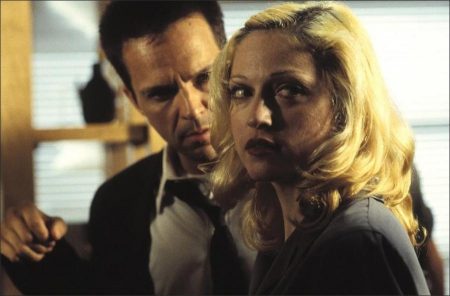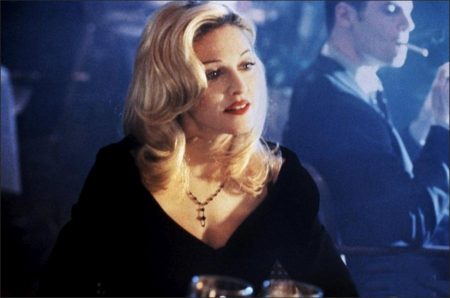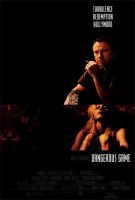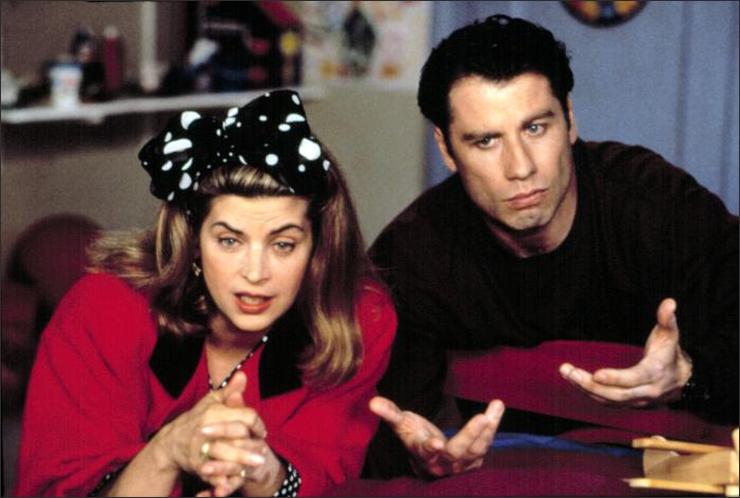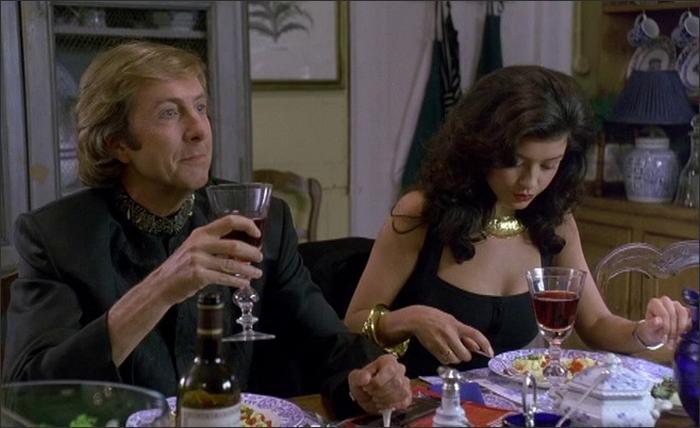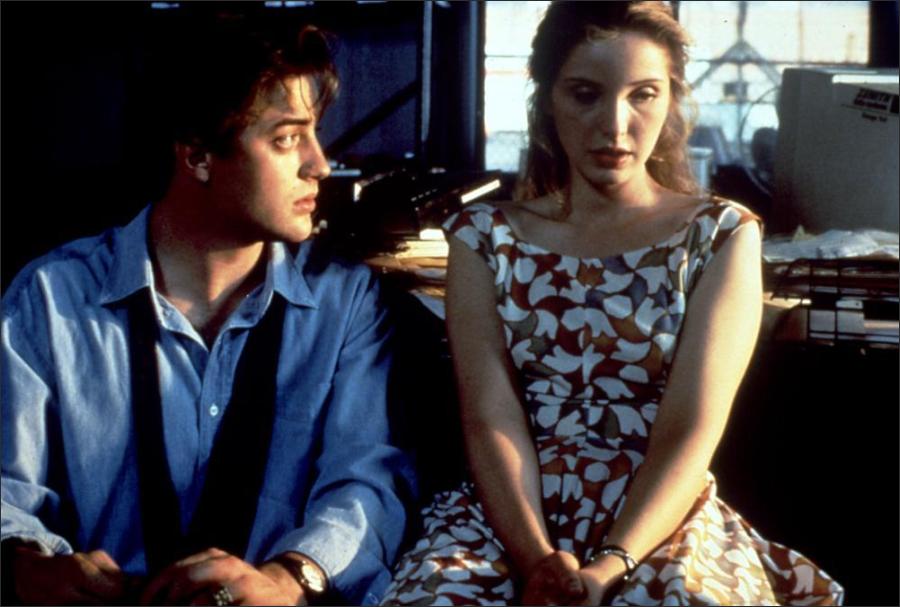Dangerous Game movie storyline. Utilizing a film-within-a-film format, the overall plot involves New York City-based director Eddie Israel directing actors Sarah Jennings and Frank Burns in a Hollywood marital-crisis drama, Mother of Mirrors, which is about a formerly wealthy but unemployed husband who berates his newly religious wife about what he considers her hypocritical aversion to their sex-and-drug lifestyle.
During the shooting of that film, Israel becomes more and more demanding of his actors, growing increasingly obsessive with finding the ugly truths beneath the story’s surface. All the while, his own carelessness and bad behavior with his own family begins to erode him and to corrode his marriage to Madlyn.
Dangerous Game (also known as Snake Eyes) is a 1993 Italian-American drama film directed by Abel Ferrara, written by Nicholas St. John, and starring Harvey Keitel, Madonna, James Russo, Nancy Ferrara, Reilly Murphy, Victor Argo, Leonard L. Thomas, Christina Fulton, Heather Bracken and Glenn Plummer.
Film Review for Dangerous Game (Snake Eyes)
“Dangerous Game” is a perfect title for an Abel Ferrara picture, for he has always taken risks. Most recently, with “Body Snatchers,” he pulled off a distinctive remake of a classic that had already been effectively remade once.
Though he started his career with exploitation material, he has always managed to find meaning in the most extreme violence, and in such corrosive films as “The King of New York” and “Bad Lieutenant,” he has created heroes seeking spiritual redemption in a world of escalating brutality. Typically for Ferrara, it’s a film of no-holds-barred language, passion and rage, but it’s a move away from genre, more a chamber drama than action movie in which violence is more psychic than physical.
With the compelling and explosive “Dangerous Game,” Ferrara moves out of the streets of Manhattan and onto a no-less-volatile Hollywood movie set, where the New York-based Eddie (Harvey Keitel) is directing Madonna’s Sarah and James Russo’s Frank in an intimate, emotion-charged drama of marital crisis. The husband has lost a $200,000-a-year job just as his wife has had a “revelation,” a religious experience that causes her understandably, to say the least, to question their sex-and-drug orgy lifestyle. He’s too threatened by this profound change in his wife to consider even remotely that there is any validity to her new feelings.
When we meet the director and his actors, they come across as witty, low-keyed professionals, but the intensity of the material they’re working with begins to exact its toll. Sarah, whom Eddie describes as “very L.A.,” proves to be an actress of great concentration and resource, whereas Frank finds he actually must drink and party hard in order to play the husband. For Eddie, making the film becomes a ruthless quest for truth, but the more he demands of his actors, the more he unwittingly brings about a confrontation with himself, which is the heart of the matter.
There’s nothing new, especially in the movie-within-a-movie context, in exploring the ways in which life imitates art and how the line blurs between fantasy and reality. But rarely have the movie within the movie and its making seemed so authentic; dogged honesty saves Ferrara and his inspired writer, Nicholas St. John, from the pretentiousness that can afflict such pictures.
While “Dangerous Game” inevitably causes us to speculate as to how autobiographical it is, there is no question as to how very personal it becomes. To what extent Eddie is an alter ego for Ferrara is not, however, as important as the simple fact of Eddie’s presence, of a director, the key creative force, being onscreen: It adds another layer of meaning to the film, involving him in what becomes for him his own morality play. In any case, Ferrara makes it clear that those on both sides of the camera must tap deeply into themselves if their work is to have any truth to it. Beyond this, Ferrara considers the paradox, as in “Bad Lieutenant,” that the act of self-redemption may inevitably be also an act of self-destruction.
Now at the height of his powers, Keitel is the ideal Ferrara star, his control, volcanic emotions and endless capacity for expressiveness and revelation matching up with those very qualities in Ferrara himself. For Madonna this may be the long-awaited breakthrough film, for as never before she reveals the vulnerability as well as the strength of both the actress and the character she is playing. She also surely represents for Eddie the perilous lure and irresistible temptation of Hollywood itself.
Doubtlessly, there will be those who find the highly verbal “Dangerous Game” too bombastic in its anger and profane language, too risky a business, but it’s arguably Abel Ferrara’s most mature work to date.
Dangerous Game – Snake Eyes (1993)
Directed by: Abel Ferrara
Starring: Harvey Keitel, Madonna, James Russo, Nancy Ferrara, Reilly Murphy, Victor Argo, Leonard L. Thomas, Christina Fulton, Heather Bracken, Glenn Plummer
Screenplay by: Nicholas St. John
Production Design by: Alex Tavoularis
Cinematography by: Ken Kelsch
Film Editing by: Anthony Redman
Costume Design by: Marlene Stewart
Set Decoration by: Stephanie Ziemer
Art Direction by: Nathan Crowley
Music by: Joe Delia
MPAA Rating: R for pervasively strong language, explicit sexuality, and drug use.
Distributed by: Metro-Goldwyn-Mayer
Release Date: November 11, 1993 (Italy), November 19, 1993 (United States)
Views: 172
